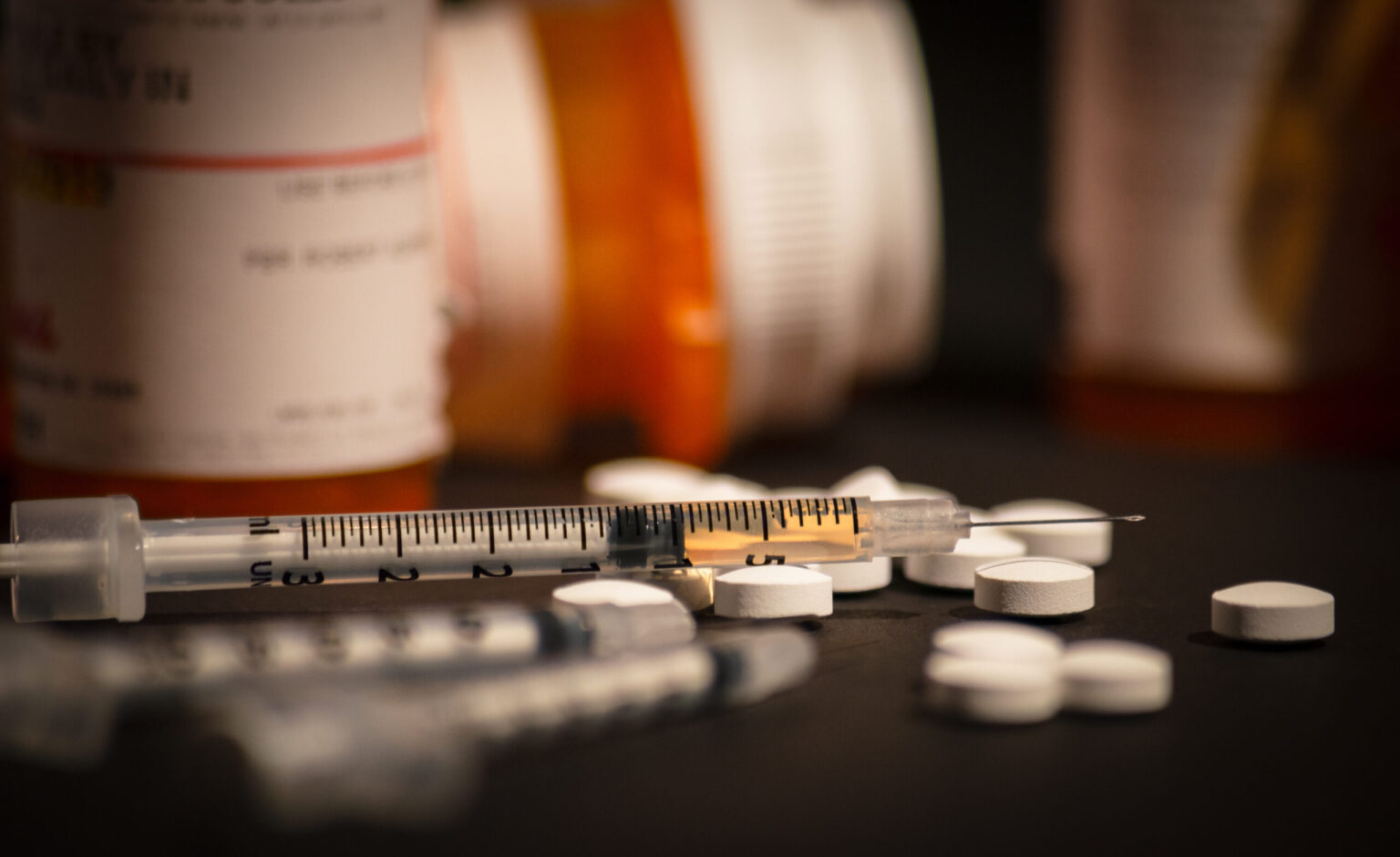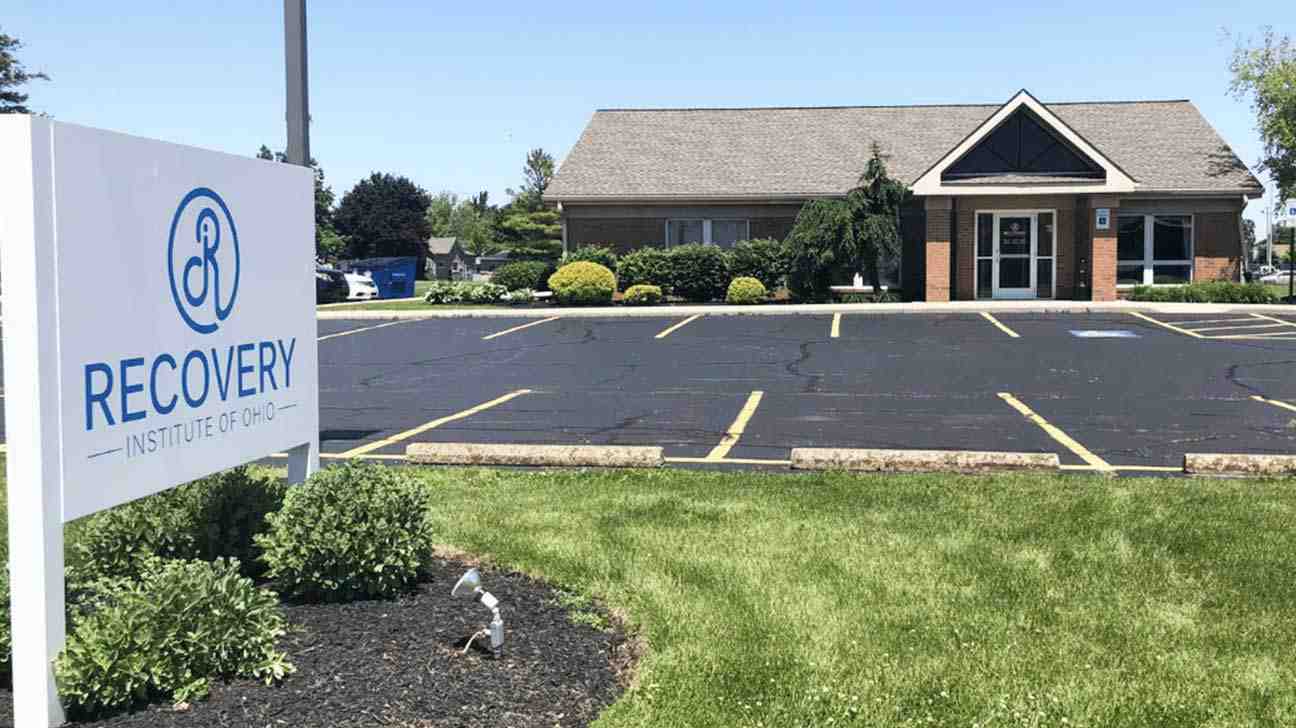
Introduction
Drug addiction is a chronic, complex condition that affects millions of individuals worldwide. It not only impacts the user but also those around them, including families, friends, and communities. Addiction alters the brain’s structure and function, making it incredibly difficult for individuals to control their urges to use substances. This lack of control can lead to devastating consequences, both for the individual and for society as a whole.
Substance abuse is a significant health issue that affects physical, psychological, social, and financial aspects of life. People who suffer from addiction may not realize the extent of the damage they are causing to themselves and others until it is too late. Fortunately, help is available through rehabilitation programs, counseling, and support networks.
This article will delve deep into the common effects of drug addiction, shedding light on the physical, psychological, and social consequences, as well as the financial impacts. If you or someone you know is struggling with addiction, do not hesitate to call Addiction Helpline America at (844) 561-0606.
Physical Effects of Drug Addiction
Drugs have profound and long-lasting effects on the body. Whether consumed intravenously, orally, or smoked, these substances wreak havoc on the body’s systems, sometimes causing irreversible damage.
1. Damage to Major Organs
Drugs can affect nearly every organ in the body. The severity of the damage depends on the substance used and the length of time the addiction persists.
- Heart Problems
Stimulants like cocaine, methamphetamine, and ecstasy can severely damage the cardiovascular system. They cause an increase in heart rate, higher blood pressure, and higher risk of heart attacks, strokes, and arrhythmias. Over time, these substances wear down the heart’s ability to pump blood effectively, leading to chronic heart disease. - Liver Damage
Alcohol and opioids are among the substances that cause liver damage. Overuse of alcohol leads to cirrhosis, liver failure, and even liver cancer. Prescription painkillers, especially when misused, can cause hepatotoxicity (liver toxicity), leading to liver damage or failure. - Lung Disease
Substances such as heroin, methamphetamine, and marijuana are often smoked, causing significant damage to the lungs. Chronic smokers suffer from respiratory infections, chronic bronchitis, and emphysema, which makes breathing more difficult over time. Intravenous drug use can also lead to lung abscesses and pneumonia. - Kidney Failure
Some drugs, particularly stimulants like meth and heroin, can lead to dehydration and muscle breakdown, putting stress on the kidneys. This can result in acute kidney failure, nephropathy, and the eventual need for dialysis.
Find Hope and Healing: Call Us Now!
Take the first step towards a brighter future! If you or a loved one is seeking support for substance abuse, we are here to help. Call us today and let our dedicated team guide you to the right treatment options. Your path to recovery starts now!
- Connect with an expert addiction specialist 24/7/365
- Learn about treatment costs
- Arrange fast access to a treatment program
Request a Call
OR
Make a Call
2. Weakened Immune System
Drug addiction significantly weakens the immune system, leaving individuals vulnerable to infections and diseases. When the body is under stress due to substance abuse, it is less capable of fighting off infections. Drugs like alcohol can suppress the immune system, increasing susceptibility to illnesses like pneumonia, tuberculosis, and certain sexually transmitted infections (STIs). Injecting drugs also puts people at risk for HIV/AIDS and hepatitis C, especially if they share needles.
3. Neurological Damage and Brain Function Impairment
Drugs interact with the brain’s neurotransmitters, impacting mood, behavior, and cognitive abilities. Chronic use of certain drugs can cause permanent changes in brain structure and function, which may last long after the individual stops using.
- Cognitive Decline
Drugs like alcohol, methamphetamine, and heroin damage brain cells, leading to impaired memory, decision-making, and problem-solving abilities. This cognitive decline can affect learning and concentration, making it harder for individuals to function in everyday life. - Neurological Disorders
Certain substances, like meth, can cause neurodegeneration, leading to long-term neurological issues like tremors, seizures, and even brain damage. In some cases, these conditions may not be reversible. - Seizures and Strokes
Some drugs increase the likelihood of seizures or strokes due to their effect on brain activity and blood pressure. High doses of stimulants like cocaine and ecstasy can cause a spike in blood pressure, leading to ruptured blood vessels and stroke.
4. Overdose and Fatal Consequences
Drug overdose is one of the most dangerous effects of addiction. A person who overdoses may experience the following life-threatening symptoms:
- Slow or stopped breathing
- Cardiac arrest
- Loss of consciousness
- Severe vomiting, choking, or aspiration pneumonia
Opioids are the leading cause of overdose deaths in the United States. The overuse of prescription painkillers, especially in combination with other substances, can lead to fentanyl overdoses. These overdoses can quickly lead to death if not treated immediately.
If you suspect someone is overdosing, seek emergency medical attention immediately and contact the Addiction Helpline at (844) 561-0606 for assistance.
Psychological Effects of Drug Addiction
The impact of drug addiction on mental health is just as profound as the physical effects. Chronic substance abuse disrupts the brain’s chemical balance, leading to emotional and psychological challenges.
1. Mental Health Disorders
Many individuals with addiction also suffer from co-occurring mental health disorders such as anxiety, depression, and even schizophrenia. These conditions can make it difficult for individuals to seek help for their addiction, as they may feel overwhelmed or incapable of managing their mental health.
- Depression
Substance abuse is often linked to depression, with individuals turning to drugs as a form of self-medication. Drugs like alcohol and opioids can exacerbate feelings of sadness, hopelessness, and despair. - Anxiety and Paranoia
Stimulant drugs like methamphetamine and cocaine are often associated with increased anxiety, panic attacks, and paranoia. Over time, this can lead to chronic feelings of fear and an inability to function in normal situations. - Bipolar Disorder and Psychosis
Drugs like cannabis, LSD, and PCP can induce symptoms similar to bipolar disorder, leading to drastic shifts between manic highs and depressive lows. Chronic use of certain substances may also cause drug-induced psychosis, with symptoms such as hallucinations, delusions, and disorganized thinking.
2. Mood Swings and Emotional Instability
Drug addiction severely affects an individual’s emotional stability, leading to frequent mood swings. These emotional changes are often unpredictable and may result in:
- Anger, irritability, and frustration over minor issues
- Unexplained sadness or extreme highs of euphoria
- Emotional numbness or apathy towards loved ones or responsibilities
Addiction can cause an individual to disconnect from their emotions and, over time, become more volatile in their behavior.
3. Cognitive Decline and Memory Issues
Chronic drug use causes memory loss and impairs cognitive function, making it harder for individuals to recall recent events or manage their day-to-day responsibilities. This decline in cognitive abilities often worsens over time and can affect:
- Short-term memory loss
- Inability to focus or concentrate
- Decreased learning abilities
Substances like alcohol, benzodiazepines, and opioids can disrupt memory formation and impair mental sharpness, causing permanent cognitive issues.
Find Hope and Healing: Call Us Now!
Take the first step towards a brighter future! If you or a loved one is seeking support for substance abuse, we are here to help. Call us today and let our dedicated team guide you to the right treatment options. Your path to recovery starts now!
- Connect with an expert addiction specialist 24/7/365
- Learn about treatment costs
- Arrange fast access to a treatment program
Request a Call
OR
Make a Call
Social Effects of Drug Addiction
Drug addiction doesn’t just affect the individual—it has a ripple effect, causing significant harm to relationships, social connections, and communities.
1. Relationship Strain
Addiction often leads to strained relationships with family members, partners, and friends. Individuals with substance use disorders may:
- Lie or manipulate others to cover their drug use
- Isolate themselves from loved ones due to guilt or shame
- Break trust within relationships, leading to divorce or separation
Children of addicted parents often experience emotional neglect, abuse, or even child protective services involvement, resulting in long-term emotional trauma.
2. Social Isolation and Stigmatization
Many individuals with addiction experience a sense of isolation, particularly when friends and family distance themselves due to the person’s behavior. The stigma surrounding drug addiction can lead to feelings of:
- Shame
- Embarrassment
- Low self-esteem
This social isolation only fuels the addiction, leading the person to turn back to drugs for emotional relief.
3. Financial and Employment Issues
Addiction often leads to job loss, financial strain, and homelessness. People struggling with addiction may:
- Miss work frequently due to intoxication or withdrawal
- Be fired for performance issues or substance use in the workplace
- Squander money to feed their addiction, resulting in debt and financial instability
4. Criminal Behavior and Legal Consequences
Individuals with drug addictions may turn to criminal activities to support their habits. These activities can include:
- Drug trafficking
- Theft or fraud
- Driving under the influence
Addiction often leads to arrests and jail time, further exacerbating the individual’s problems and making rehabilitation more challenging.
Financial Consequences of Drug Addiction
1. Costs of Sustaining an Addiction
Drug addiction is expensive—especially when individuals resort to purchasing illegal substances or prescription medications in large quantities. This ongoing financial burden often leads to the following:
- Draining personal savings
- Selling possessions
- Engaging in criminal activities to fund their addiction
2. Homelessness and Financial Struggles
The financial impact of addiction can lead to bankruptcy, eviction, and homelessness. Many individuals with substance use disorders lose their homes due to:
- Inability to pay rent or mortgage
- Legal issues related to drug offenses
Find Hope and Healing: Call Us Now!
Take the first step towards a brighter future! If you or a loved one is seeking support for substance abuse, we are here to help. Call us today and let our dedicated team guide you to the right treatment options. Your path to recovery starts now!
- Connect with an expert addiction specialist 24/7/365
- Learn about treatment costs
- Arrange fast access to a treatment program
Request a Call
OR
Make a Call
Conclusion
The effects of drug addiction are wide-ranging and severe, affecting every aspect of an individual’s life. However, recovery is possible with the right treatment and support.
If you or a loved one is struggling with addiction, it’s important to seek help immediately. Call Addiction Helpline America at (844) 561-0606 for confidential support and start the path toward recovery.
Remember: you don’t have to face addiction alone—help is available, and recovery is possible.
What are the signs of drug addiction?
The signs of drug addiction can vary depending on the substance used, but common signs include:
Physical signs: Bloodshot eyes, weight loss or gain, poor hygiene, and frequent nosebleeds.
Behavioral signs: Increased secrecy, withdrawing from loved ones, and engaging in risky behavior.
Emotional signs: Mood swings, paranoia, depression, and irritability.
Financial issues: Borrowing or stealing money, unexplained financial problems.
How can drug addiction be treated?
Drug addiction can be treated through a combination of medical, psychological, and social interventions. Common treatment options include:
Detoxification: Safely removing the drug from the body under medical supervision.
Inpatient rehabilitation: A structured treatment program where individuals stay at a facility to receive 24/7 care.
Outpatient rehabilitation: A less intensive treatment that allows individuals to live at home while attending counseling sessions.
Behavioral therapy: Techniques like Cognitive Behavioral Therapy (CBT) help individuals understand and change their thoughts and behaviors related to addiction.
Support groups: Peer groups such as Narcotics Anonymous (NA) provide ongoing support and accountability.
How long does it take to recover from drug addiction?
The recovery process is different for everyone and depends on factors such as:
The severity of the addiction
The type of substance used
The presence of any co-occurring mental health conditions
The individual’s commitment to recovery
Typically, recovery is a long-term process, often requiring months to years of treatment and support. However, many individuals find long-term sobriety after completing an initial rehab program and continuing with ongoing therapy and support groups.
Is drug addiction a genetic condition?
There is a genetic component to drug addiction, but environmental and social factors also play a significant role. Studies suggest that individuals with a family history of addiction may be at a higher risk, but environmental factors, such as trauma, stress, and peer influence, also contribute to the development of addiction.
Can someone recover from drug addiction without rehab?
While some individuals may experience periods of sobriety without formal rehabilitation, professional treatment greatly improves the chances of successful, long-term recovery.
Treatment programs provide:
Medical supervision during detox to prevent complications
Therapy to address the psychological aspects of addiction
Support groups to foster accountability and community
Without rehab, individuals may be more likely to relapse due to untreated underlying issues, such as anxiety or depression, that contribute to their addiction
Our helpline is 100%
free & confidential
If you or someone you care about is struggling with drug or alcohol addiction, we can help you explore your recovery options. Don’t face this challenge alone—seek support from us.
Programs
Resources
Will my insurance
cover addiction
treatment?
We're ready to help
Find the best
drug or alcohol treatment
center
Are you or a loved one struggling with addiction? Call today to speak to a treatment expert.












